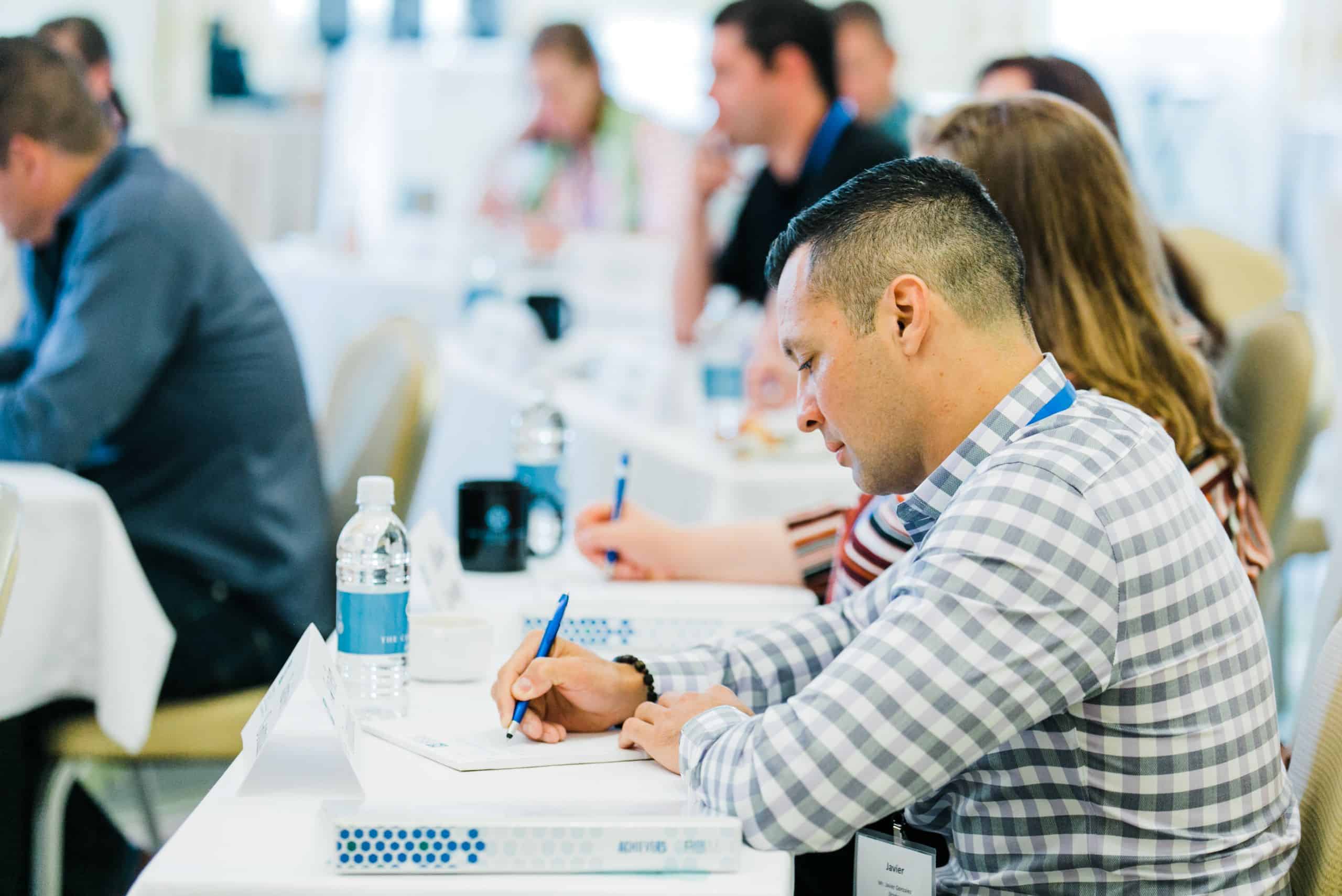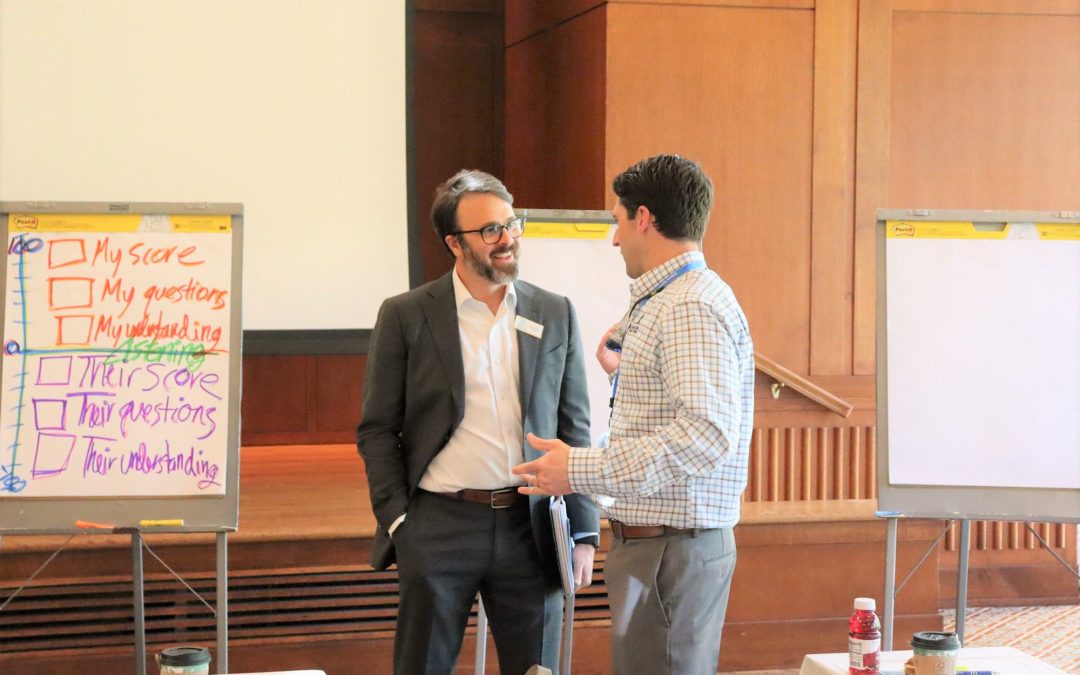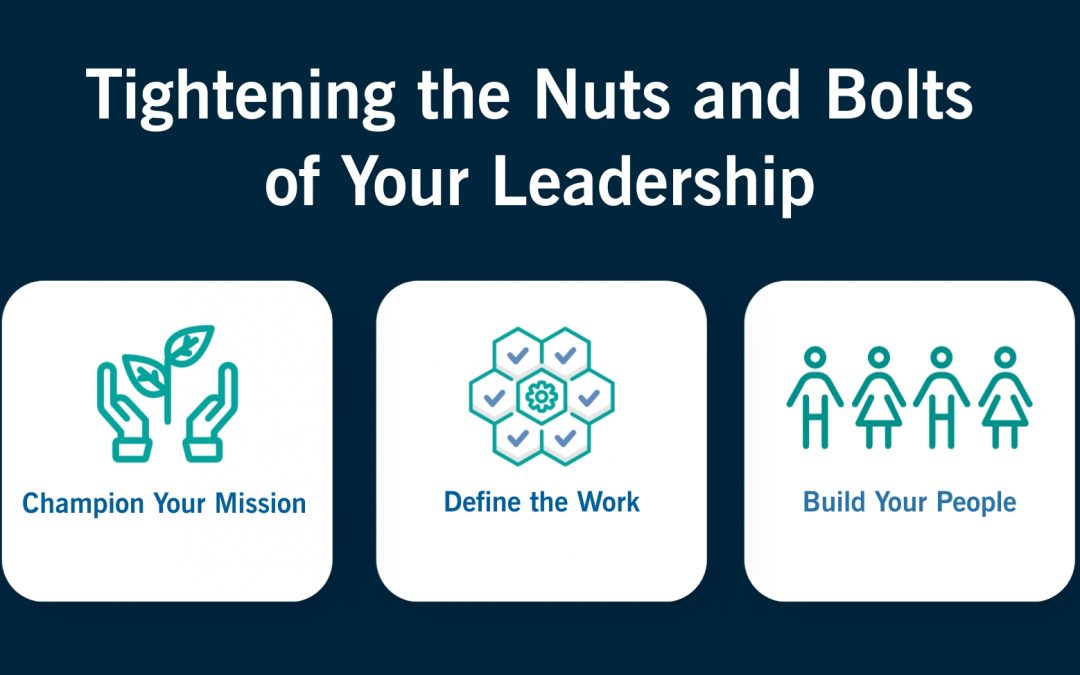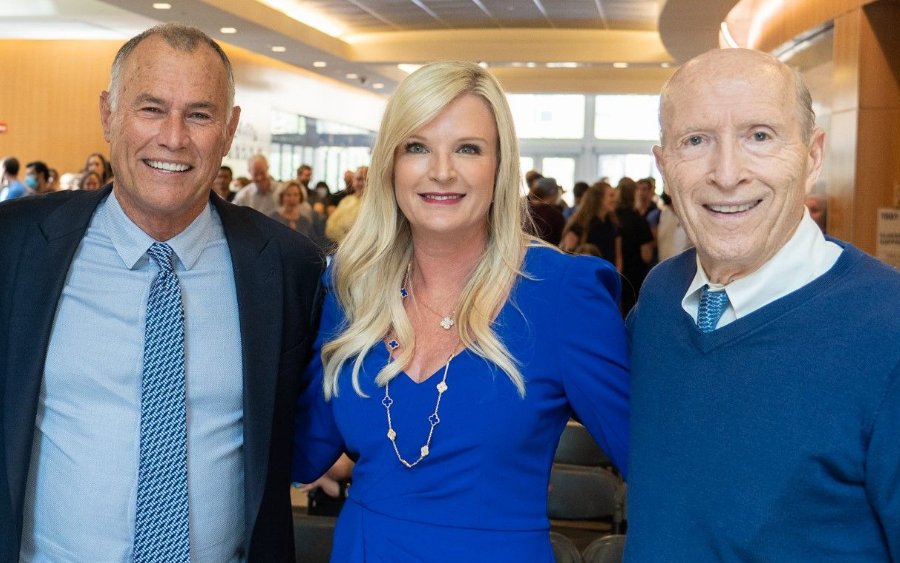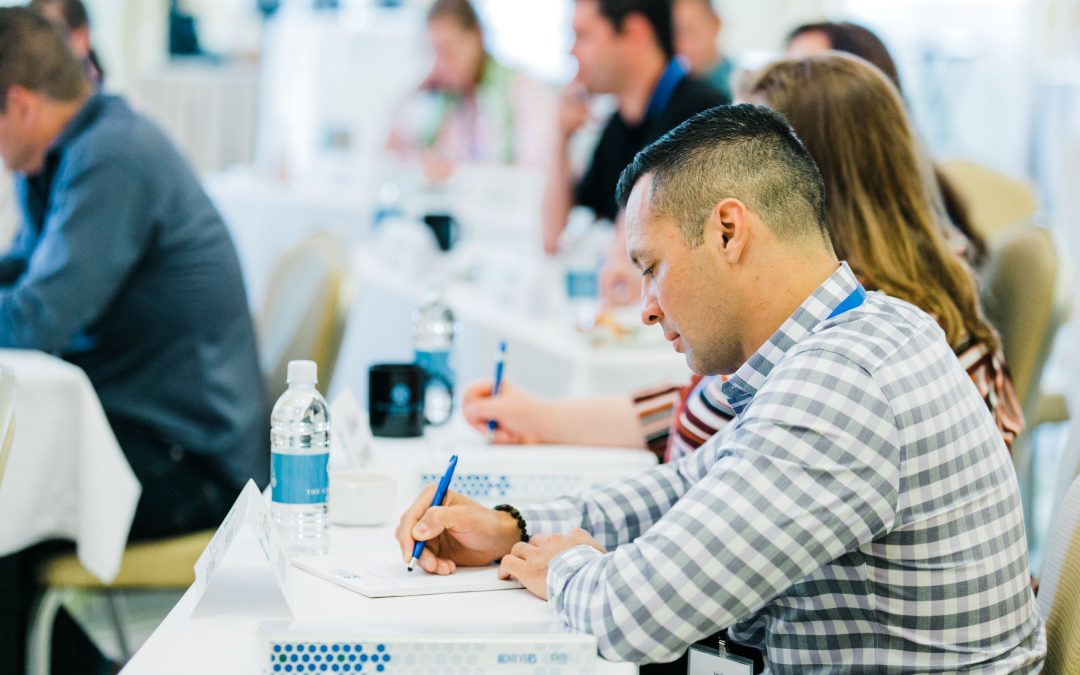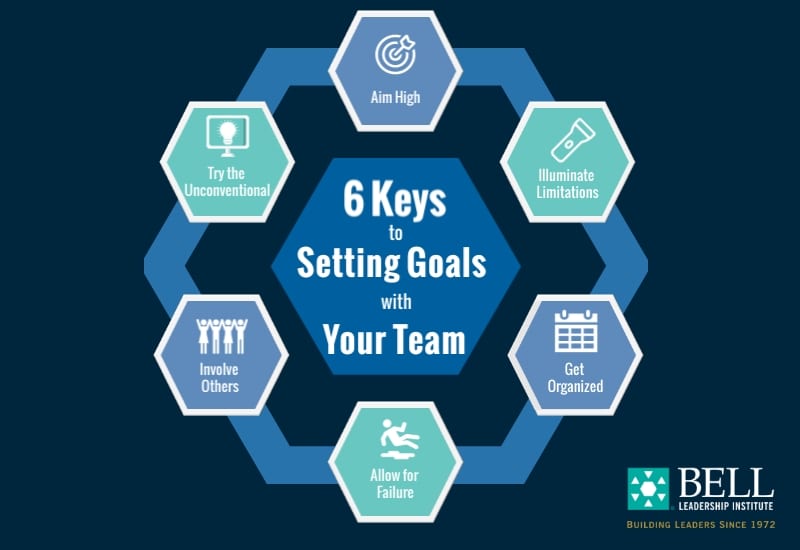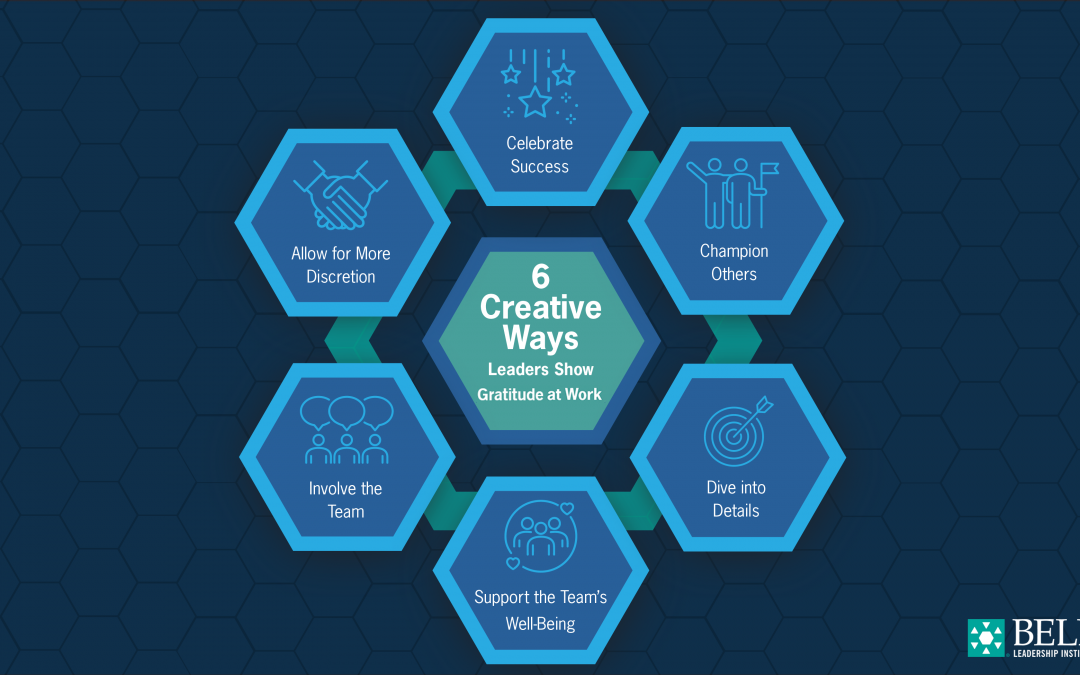CONTINUOUS LEARNING
A Lesson From The Carolina Way
One of the most important jobs leaders have is to ensure that each person in their organization continues to improve and learn new skills. Many people think they are so busy that they have little or no time to learn. They prefer action to thinking. Learning requires thinking, and time must be set aside for thinking. Many leaders and workers go through their careers with a learning curve that is flatter than it ought to be or could be. They don’t change much, so they don’t work as smart as they could.
Leaders should create and enforce learning programs for themselves and their associates. No exceptions, no excuses.
I know of a leader who built a successful United States retail chain that had more than a hundred outlets. As he approached retirement, he promoted a younger leader to become president of the company and run it on a daily basis. It was evident after one year on the job that the new president, although intelligent, well intentioned, and hardworking, was not working smart or effectively.
“I’m sure it’s true in most professions, but in basketball coaching the learning never stops.” – Coach Dean Smith, The Carolina Way
She did everything fast, rushing her decisions, hurrying through meetings. She also pressured her subordinates to act too quickly and intimidated them with her micromanaging. She was in the middle of every decision and tried to do everything herself. She was more an individual producer than a leader and her style led her to make some big mistakes.
Recognizing her problem, the CEO began coaching her on a regular basis as she began her second year as president. He tried to teach her to slow down, be more thoughtful and thorough, study closely the consequences of her decisions, and delegate to subordinates rather than try to solve all their problems for them. He coached her to train her associates rather than try to run the whole show.
After six months of coaching, the CEO concluded that the president had not made much improvement. He asked her to serve as his assistant for a year, during which she could focus on building her leadership skills while he led the company.
In the course of that year the president met monthly with an executive coach. She was also required to gather feedback from her CEO, associates, customers, and board of directors concerning her performance, leadership practices, and decision-making skills. She enrolled in an advanced leadership roundtable, in which twelve senior officers from different companies met once a month for a year to improve their leadership skills and develop new techniques for running their businesses.
The president’s initial expectation was that the “year of improvement” was a mistake and unnecessary. She couldn’t spot her own weaknesses. Nevertheless, she maintained a positive attitude during the year of leadership training, which was to her credit. By the end of the year her outlook had changed; she felt fortunate to work for a CEO who had given her a chance to improve rather than fire her. She knew he’d made a wise decision.
The CEO and board reinstated her as president. They also scheduled monthly meetings for the first year to review her progress. She has now run the business successfully for two years, and the business has prospered.

So how can you find time to learn on a continuous basis? Most people say their best learning experiences came from their failures, but why wait to learn from mistakes? A smarter strategy is to learn on a continuous basis from daily events. Each lesson might be a small one, but soon the lessons will accumulate to become something meaningful and important to your life.
This excerpt is from The New York Times bestseller The Carolina Way, by Coach Dean Smith and Dr. Gerald D. Bell. Click here or contact us if you wish to secure your own copy to continue reading.
Coach Dean Smith was absolutely correct—learning never stops—at least not for those who want to continue achieving quality results. The Carolina Way highlights and demonstrates the skills needed to excel at teamwork and leadership on and off the basketball court. Underlying those skills is the continuous learning and personal development that leads to mastery. That means learning for not just ourselves as leaders, but for our teams.
